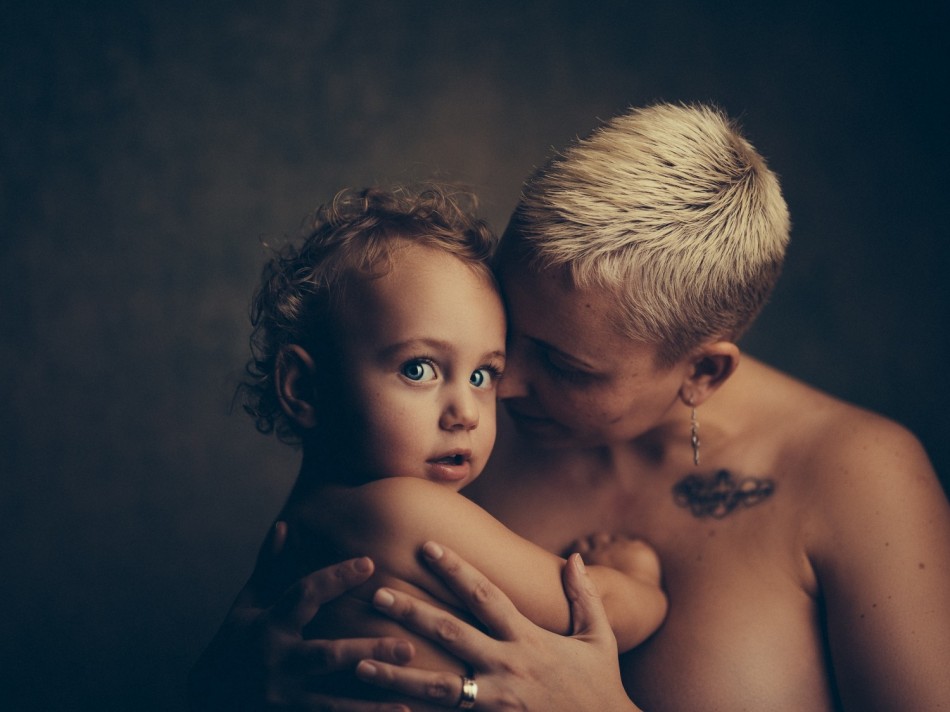Adoption: When and How to Properly Tell Your Child That They are Adopted

Children will sometimes ask parents where they came from, and properly telling them the truth is always the best solution.
According to Science Direct, adopted children are children who have one set of biological parents and a different set of psychological parents.
Before telling a child they are adopted, consider their background, adoption process, and arrangement.
A child who a relative adopts may know from a young age that their birth parents aren't the same people who are raising them and might have accepted the fact that their real parents can't support them but that enother relative has the resources to do so, this set up is called Family Adoption and such situations are frequently the easiest for kids to understand.
Kids who were placed in foster care and eventually adopted at an older age might remember their birth parents as they have a better understanding of why they are not with their birth families and how adoption works. On the other hand, if they don't remember their natural parents, they will likely recall being in foster and seek more details about their adoptions, per Very Well Family.
Make adoptive children special
Early disclosure refers to a child asking questions about themselves as an integral part of understanding themselves; thus, the communication must be natural so the children can feel the connection between the parents and the adoptive child.
Late Discovery Adoptees (LDAs) vouch firmly for parental transparency on the subject of adoption. Distress and lower life satisfaction are some of the impacts of not knowing the true identity of the adults who raised them and the existence of unknown biological parents.
LDAs experience emotional disruption as they were not told the truth about their true identity.
Attachment occurs when parents are honest with the adoption as they nurture trust, which is an important factor in the parent-child bond.
According to the study, "Parents and Caregivers Are Essential to Children's Healthy Development," successful attachment builds a foundation for a child's emotional, cognitive, and social development.
The proper way to tell your child they are adopted is by not telling details that could hurt them, making them feel bad. Instead, reassure them that they are special, guide them to truly understand why their biological parents are not raising them, and remind them how much they are loved and belong to the family, per Family Lives.
A child asking questions as they grow up is a natural part of their development and must be tackled without parents becoming upset.
Read Also: Woman Found Out Her Biological Mom Gave Her up for Adoption Because of Her Dark Skin
Being honest to your adoptive child
The perfect time to tell your children they are adopted doesn't exist, as there is no ideal age to say to them they were adopted.
On the other hand, many experts agree that starting around four to five is best as these are the moments where the children begin to understand the concept of time; thus, parents can clarify adoption as an event that happened in the past. It also helps parents to be more comfortable discussing adoption.
According to Psych Central, trust is the foundation of everything; therefore, it must be maintained. Giving adoptive children access to their family medical history and offering them a chance to discover themselves, such as whom they resemble or from whom they inherited the color of their hair, will prevent the possibility of shame from hiding their story.
Remember that adoptive children have the right to know about their adoption.
Related Article: Challenges of Adopting During the Pandemic, and the Changes in Parents' Minds on Adoption
© 2024 ParentHerald.com All rights reserved. Do not reproduce without permission.
